Help for Primarily Obsessional OCD

OCD sufferers often say, “I don’t wash my hands, or do rituals, I just have upsetting thoughts – is that OCD?” OCD is often characterized by intrusive troubling thoughts, with no overt compulsions. Obsessions mostly fall into three broad categories: harming, sexual, and scrupulous – religious or moral obsessions. It is important to be aware that when people with OCD have intrusive thoughts, or obsessions, that they are always ego-alien (ego dystonic) rather than ego identified (ego syntonic). This means that OCD sufferers have ego-alien, or unwanted, undesirable, unchosen, thoughts about things that one would never want to do, and which are inconsistent with our values. People with OCD DO NOT ACT on these thoughts! Most of our thoughts are ego-identified, of chosen, desirable, thoughts which are consistent with who we know ourselves to be and our values. So, understanding that intrusive thoughts are ego-alien and do not lead to action is the first step in treatment.
It is also important to understand that giving too much importance to thoughts gives the OCD control. In OCD there is something that happens called “thought-action fusion”, a tendency to think “If I am having a thought that I want to stab someone, it must be because I want to act on it.” These actions are usually the last things that the individual could ever imagine doing, and they are often directed at people whom the individual loves the most. It seems that OCD causes one to latch onto intrusive thoughts “of whatever it is you consider to be the most inappropriate or awful thing that you could do,” as Lee Baer says in The Imp of the Mind.
Studies show that everyone has intrusive thoughts at times about death, harming, horrific imagery, inappropriate sexual behavior, and blasphemous thoughts, that are unwanted, and that occur for no apparent reason. People without OCD think they are creepy, unwanted, but meaningless, and they dismiss them. Once someone with OCD gives them the importance that they don’t deserve, they feel these thoughts could lead to action. The fear of that possibility becomes intolerable, even though reason suggests that action is highly unlikely or impossible.
The goal is to live with the doubt, or uncertainty of the slight (though entirely unreasonable) possibility that these behaviors could occur. Part of the process using ERP involves stopping covert compulsions that the OCD sufferer does to decrease or escape anxiety. These include self-reassurance, praying, checking and reviewing in one’s own mind, and thought suppression. Overt behaviors may be checking for reassurance with others, doing superstitious behavior, (e.g., doing repeating rituals a fixed number of times to relieve anxiety, or touching things in a certain order), avoiding being alone with someone targeted in the harming thought, and other compulsions.
The bottom line is, that there is definitely help for Primarily Obsessional OCD.
